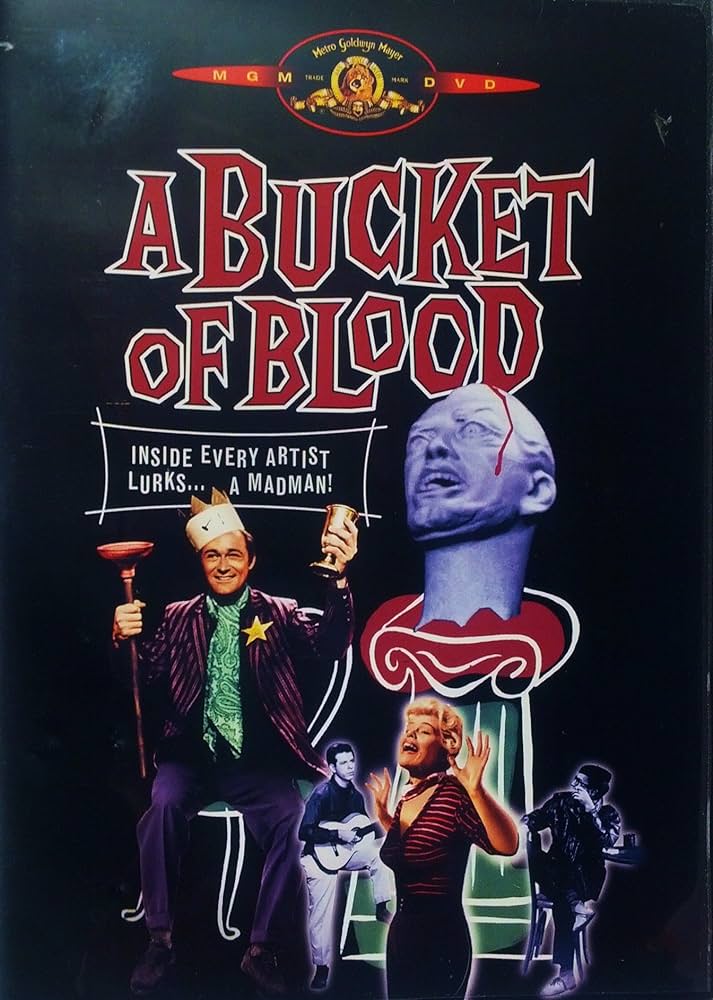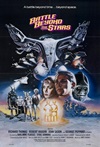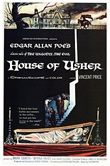We’ve done it! We’ve come to the end of our series “Be Like the Cor-Man”! They all laughed at us, laughed at us, I tell you! They said we were mad! Mad!! Well, now who’s mad?! Ahahahahahaha! We’ve made it through Roger Corman’s final directorial opus “Frankenstein Unbound”! They told us only lunatics would even attempt such an abomination! Fools! Credulous, hidebound fools! Who’s laughing now, eh, you fools?! WHO’S! LAUGHING! NOW! It’s us, that’s who, in case you’re all too credulous and hidebound and foolish to figure it out! Yes, this whole experiment has left us all shattered and ruined, mere shells of the men and ponies we were when we started but it was worth it, worth it I tell you! For science!!! Yes!! Because somehow all this ties back into science! It does! Stop giggling and being credulous and hidebound! Oh, and fools! Don’t forget fools! Because this whole experience has taught us . . . it’s taught us . . . well, listen and find out.
P.S. AHAHAHAHAHAHAHAHAHAHAHAHAHAHAHAHA!!!!!!
Poll question: By some counts, Frankenstein is the 3rd most adapted literary character after Dracula and Sherlock Holmes; who is your favorite literary character adapted to film or tv or both?

Podcast: Play in new window | Download
Subscribe: RSS







